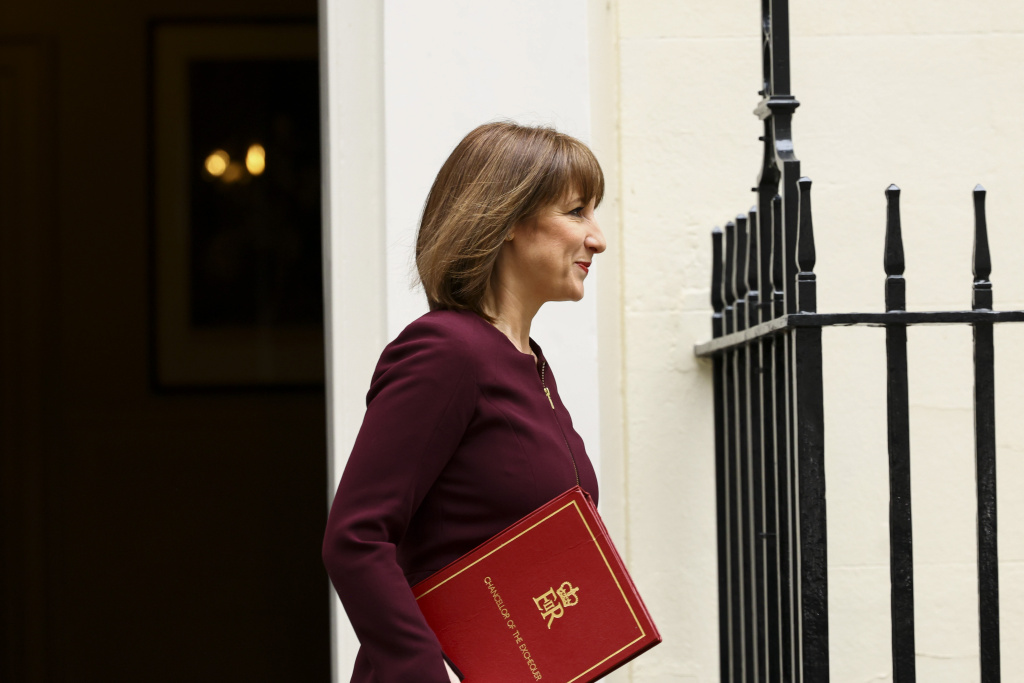The UK government has declined to back AJ Bell’s call for a Pension Tax Lock, which seeks to guarantee the preservation of key pension tax incentives, including the 25% tax-free lump sum.
In a formal response to AJ Bell’s parliamentary petition, HM Treasury refused to commit to protecting existing pension tax arrangements ahead of the Autumn Budget.
Instead, it pointed to the newly established Pensions Commission, which it said would make recommendations to the government on the broader questions of adequacy, fairness and sustainability.
AJ Bell’s petition, launched earlier this month and signed by more than 18,500 people, calls on the Chancellor to publicly pledge not to alter the pension tax-free cash entitlement or contribution tax relief during this Parliament.
Tom Selby, AJ Bell’s director of public policy, criticised the government’s refusal to rule out near-term changes, warning that continued ambiguity risks undermining saver confidence.
“Side-stepping calls for stability in pension tax rules ahead of the Budget gives the government an easy get-out clause for now, although it means savers are subjected to at least another five weeks of uncertainty,” he said.
Selby said the response suggests any review of pension tax incentives could be deferred until the Pensions Commission concludes its work, but he urged the Chancellor to provide immediate reassurance.
“If this is the intention, as an absolute bare minimum, Chancellor Rachel Reeves should pledge not to make any changes to the pension tax system until the Commission reports. That would remove uncertainty in the immediate term and allow time for a full assessment of the pension landscape,” he added.
Selby warned that altering pension tax rules would amount to breaking the longstanding “tax pact” between savers and the state.
“The government has at least acknowledged the importance of the pension tax pact between savers and the taxman, under which Brits can defer income tax until retirement and benefit from a 25% tax-free entitlement. Changing the rules before people retire would be an absolute betrayal of those still working hard to build up their pensions, who deserve the right to retire on the same terms as the generation before them,” he said.
He added that the Treasury’s focus on the gross cost of pension tax relief was misleading, since the system ultimately recovers tax revenues when retirees draw income.
“This tax deferral system is the bedrock of retirement provision in the UK. It helps people save for later life, reduces dependence on the state and smooths tax revenues in an ageing population. None of that can be captured by viewing the issue solely through the lens of cost,” he said.
Selby also questioned whether the Pensions Commission’s remit extends to reviewing tax incentives, arguing that its focus should instead be on addressing pension adequacy.
“Nowhere in the terms of reference has government specifically indicated that the Commission should review pension tax incentives. Its focus should be on ensuring everyone has enough to fund a decent retirement, particularly under-savers such as the self-employed,” he said.
He warned that any move to change the rules of pension saving could erode trust and deter people from investing for the future.
“Fundamentally changing the terms under which people can access their own money threatens to undermine confidence in long-term saving and damage public faith that governments can be trusted to keep their end of the bargain when people sacrifice income today to provide for their future.”
AJ Bell said it will continue to campaign for a formal Pension Tax Lock, arguing that clear and stable tax rules are essential to encourage long-term retirement saving.

